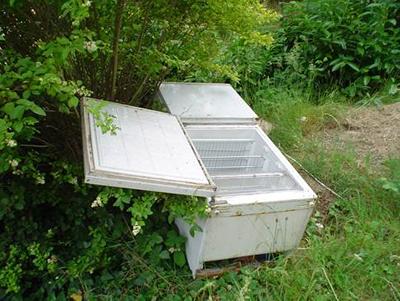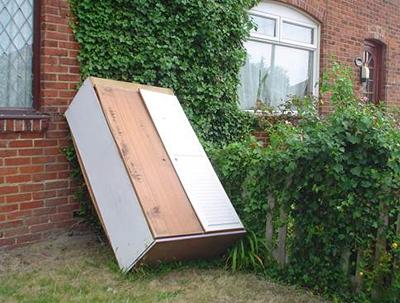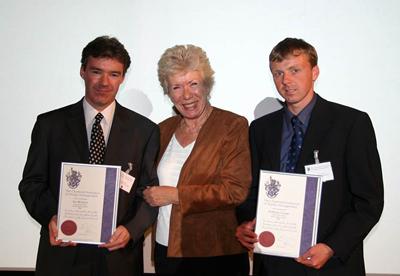Research project: Reuse and recycling of bulky wastes
Strategies and Technologies for Sustainable Urban Waste Management: Project 6
Strategies and Technologies for Sustainable Urban Waste Management: Project 6

The purpose of Project 6 was to:

This project aimed to refine existing cost-benefit assessment methods for waste avoidance and re-use schemes. The focus was on network initiatives of different types operating across public, voluntary, and domestic sectors.
The main case studies focused on Southampton, Cambridge and the Aylesbury Estate, a high-rise housing estate in London managed by Southwark Council. The first type of multi-sector network examined was bulky goods recovery. The second focused on more informal schemes to exchange and re-use goods, often partly facilitated by institutions such as schools, clubs or other semi-formal means of association. The third phase of the work developed evaluation methods based on the data sets collected in the earlier two phases, and suggested methods for optimising performance.
The bulky waste projects were led by Ian Williams and Tony Curran at Southampton. The principal aims were to:
Identify mechanisms and potential for improvement, along with constraints

One of the research outputs for this project was awarded the CIWM James Jackson Award for 2006. This award is presented annually for the best formal written paper presented by any member of the CIWM during the previous calendar year.
Centre for Environmental Sciences
Strategies & Technologies for Sustainable Urban Waste Management